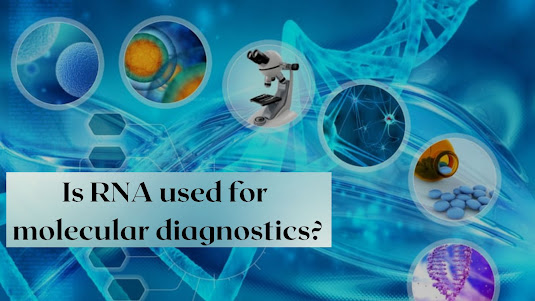Do we have Maternal Effect Genes in Humans?
Maternal genes are
those genes whose products, RNA or protein, are produced or deposited in the
oocyte or are present in the fertilized egg or embryo before
expression of zygotic genes is initiated One well- characterized classic
illustration of motherly effect is gravid diabetes.
In humans, the first
MEG was linked in 2006, in women who had endured a range of adverse reproductive
issues, including hydatidiform intelligencers, robotic revocations, and
bearings. Over 80 mammalian MEGs have latterly been linked, including several
that have been associated with phenotypes in humans. Motherly effect genes (MEGs)
render factors (e.g., RNA) that are present in the oocyte and needed for early
embryonic development. Hence, while these genes and gene products are of
motherly origin, their phenotypic consequences affect from goods on the embryo.
Physical features
similar as hair colour, hair texture, hairline, skin, and swollen modes are
inherited from your mama. Genetically, you actually carry further of your mama’s
genes than your father's. That is because of little organelles that live within
your cells, the mitochondria, which you only admit from your mama.
Breastfeeding can
reduce the mama’s threat of bone and ovarian cancer, type 2 diabetes, and high
blood pressure. Breastfeeding has health benefits for the mama too! Some
cancers, type 2 diabetes, and high blood pressure are less common among women
who breastfeed.
• Lower risk of cancers
• Increased longevity
• Breastfeeding benefits
• Increased productivity
• Increased gray matter
• Easier (or no) periods
The most common direct
causes of motherly injury and death are inordinate blood loss, infection, high
blood pressure, unsafe revocation, and dammed labour, as well as circular
causes similar as anemia, malaria, and heart complaint. The major complications
that regard for nearly 75 of all motherly deaths are severe bleeding (substantially
bleeding after parturition) infections (generally after parturition) high
blood pressure during gestation (pre-eclampsia and breakdown)



Comments
Post a Comment